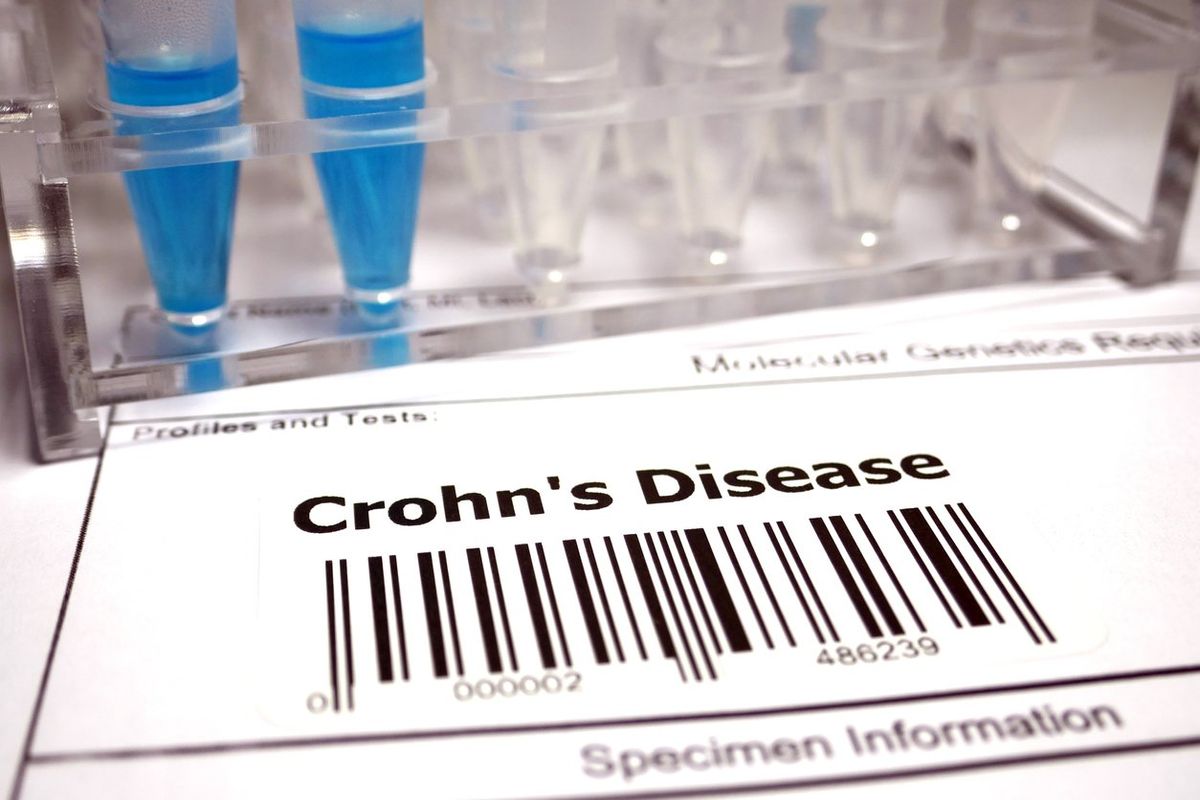Crohn's disease is a chronic disorder that causes inflammation of the digestive or gastrointestinal tract, most commonly affecting the small intestine and/or colon. The symptoms and complications of Crohn's can be different for everyone, but the most common symptoms are diarrhea, abdominal cramps and pain, fever and rectal bleeding. Symptoms can range from mild to severe, and most patients experience cycles of remission and flare-ups throughout their lifetime.
It is still uncertain what causes Crohn's disease, though it is thought to be an abnormal response by the body's immune system to bacteria found in the intestines. While Crohn's can occur in men and women of all ages, it affects mainly those between ages 15 and 35 and certain ethnic groups, including blacks, whites, and Jewish people of Central and Eastern European descent. Also, people who have family members with Crohn's appear to be more likely to have it themselves. Scientists believe there may be an inherited gene in the immune system that can be triggered to overreact to intestinal bacteria, causing inflammation in the intestines.
Unfortunately, no single test can determine the presence of Crohn's. A diagnosis is usually made through a combination of tests and examinations including endoscopy, biopsy, stool testing and physical examination.

iStock.com/Hailshadow






